Spring to Action 2019 Recap
On April 6th NE GWiSE hosted our second annual Spring to Action Summit at Harvard University. Each year, the summit is held for local schools to tackle issues present in academia and STEM fields. At the summit, attendees and invited speakers dissect the issues and devise tangible plans to advocate for systemic change within research institutions.
This year the summit focused on mentorship in academia and the sciences. Attendees convened to discuss the needs of mentees and the mentorship resources available on campus and at work. The summit delved into what it means to be an excellent mentor, and how to build strong mentor-mentee relationships. Local universities compared their current mentorship programs, discussed their strengths and weaknesses, and strategized ways to improve them.
NE GWiSE volunteers welcome attendees during registration.
The event kicked off just before noon with a keynote address from Tamara Brown, current Director of Sustainable Development and Community Engagement at Praxair, Inc. and Founder of Tech Savvy, a science conference promoting STEM careers for girls. Tamara is former president AAUW’s Buffalo New York branch, and has been recognized for her outreach efforts being named Champion of Change by the White House in 2011 and a Hero of the 500 by Fortune 500 in 2014.
In her speech Tamara stressed the importance of both sides of the mentoring relationship and by saying “Roads were made for journeys not destinations. Mentorship was made for an acknowledgment that you are not on that road alone.” She advised NE GWiSE that mentees should proactively engage mentors in their success through open conversation; ask what you will need to succeed, ask to be challenged, identify the ways you can benefit from the mentorship you receive. She advised mentors that their roles are admittedly difficult, but that their presence and engagement is more important than striving for perfection. She acknowledged that the predicament of being a good mentor is that they must not dictate the actions of their mentees, only offer support and guidance.
Tamara Brown delivers the Keynote Speech at Spring to Action 2019.
After Tamara’s speech, attendees divided into two groups to participate in workshops led by Dr. Avital Rodal (Associate Professor of Biology, Brandeis University) and Dr. Kylie Huckleberry (postdoc, Northeastern University).
Avi discussed the importance of seeing mentoring relationships from both mentor and mentee perspectives, and how to align the goals of each side. She stressed the benefit of seeking multiple mentors, it not only provides a variety of perspectives, but can be invaluable when conflicts are encountered.
Brandeis Professor Avital Rodal leads a workshop on how to see mentoring relationships from both mentor and mentee perspectives.
Kylie workshopped how to practice effective mentorship. Attendees shared their own experiences with mentors in science and focused on what separates good mentors from bad mentors. The workshop helped attendees identify the qualities and skills required for mentorship excellence, and how they can practice these skills in their future roles as mentors.
Dr. Kylie Huckleberry leads a workshop on practicing effective mentorship.
Over lunch, the results of NE GWiSE’s mentorship survey were discussed. Surprisingly, 100% of graduate women in science voiced the desire for stronger mentorship, and 67% stated a lack of obvious mentorship programs at their schools. NE GWiSE constituent universities presented what mentorship programs and resources are available at their institutions, giving attendees information on what programs to look for and how improve those at their own schools. During the first Breakout Session, attendees discussed actions that could be taken to improve mentorship in academia and STEM fields.
Summit attendees brainstorm what action can be taken to improve mentorship in science.
After the first Breakout Session, panelists Dr. Kıvılcım Kılıç (Research scientist, BU), Dr. Shaun Patel (Neuroscientist and Bioinformatician, HMS and MGH), Dr. Simina Ticau (Senior Scientist at Alnylam Pharmaceuticals), Dr. Caroline Uhler (Associate Professor,MIT) and Mounika Vutukuru (PhD candidate and GWISE President, BU) were invited to share their opinions on mentorship. Kıvılcım encouraged attendees to advocate for themselves and recognize that the list of potential mentors is endless. Caroline shared that she likes to recognize what has been done as opposed to focusing on what that is left to do, and that even as a professor she still has many mentors. Shaun advised prioritizing and committing to being a mentor, make time for your mentees and integrate mentorship into your everyday schedule. Simina highlighted the variety of ways success may be achieved; she encouraged mentees to find their own path, and mentors to motivate and encourage mentees through failures. Mounika emphasized the importance of finding the right mentor; mentees should be able to relate to mentors and see themselves in their position one day.
From left to right panelists: Dr. Kıvılcım Kılıç, Dr. Shaun Patel, Dr. Simina Ticau, Dr. Caroline Uhler and Mounika Vutukuru
Before closing, attendees discussed concrete strategies to improve mentorship for graduate women in science at their own institutions. Armed with action items to change mentorship programs at their schools, attendees enjoyed a final networking social as the summit came to a close.
Spring to Action 2019 attendees pose for a group photo with Keynote Speaker Tamara Brown.
Thank you Meaghan Collins for taking these photographs.








